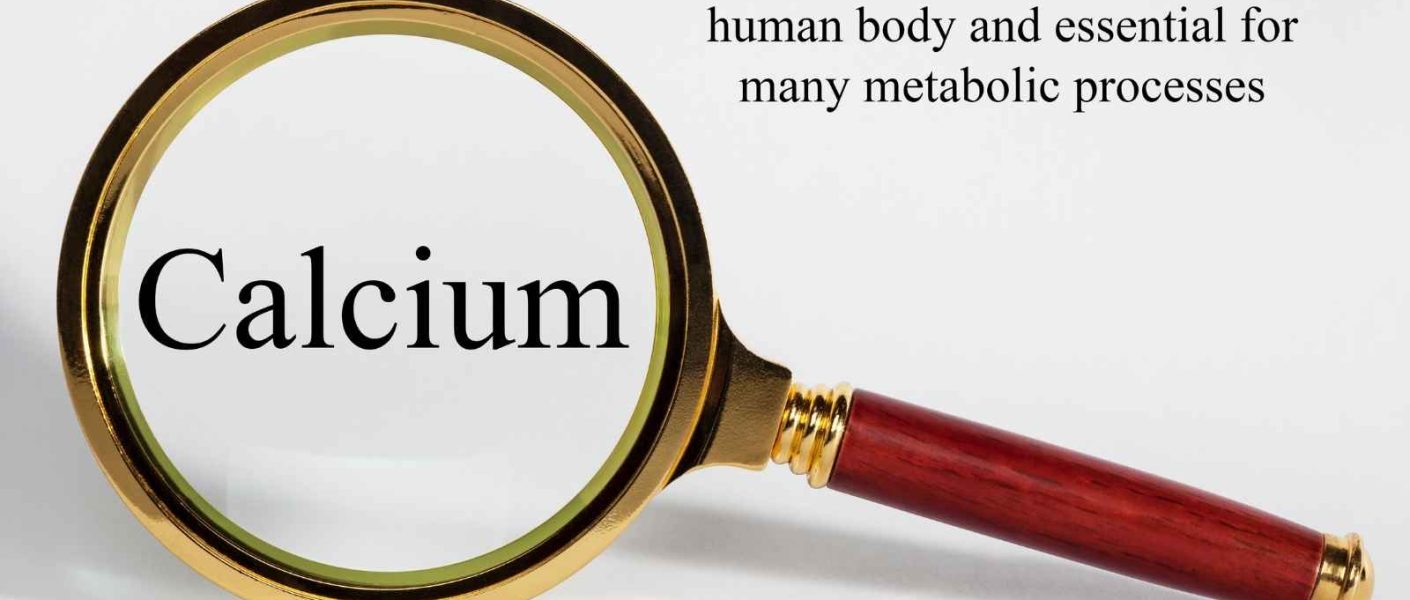Calcium is essential for bone health, yet many struggle to get enough from their diet alone. Supplements can provide the boost they need.
Calcium supplements come in various forms, from tablets and chewables to liquids. When purchasing one with the USP mark, ensure it has been third-party tested and meets quality standards.
What is the best form of calcium to take?
Calcium is one of the body's most abundant minerals and essential bone health, muscle contraction and relaxation, blood clotting, nerve transmission and hormonal secretion. Calcium can be found in many foods ranging from dairy-based dairy such as mforilk to non-dairy alternatives like tofu. Dietary supplements also widely contain calcium; experts suggest adults consume 1,000 milligrams daily through diet and supplementation and women over 50 should take an additional 200 milligrams.
Supplemental calcium comes in various forms and is commonly combined with other compounds. When comparing products, pay close attention to how much elemental calcium each one contains – also known as elemental calcium content.
Calcium carbonate and calcium citrate supplements are two of the most popular forms of calcium found in supplements. Calcium carbonate depends on stomach acid for absorption, potentially leading to gas or bloating; taking this type with meals is advised. Calcium citrate may be easier digested without needing acid; thus making this option an optimal choice. This tablet provides both forms of calcium in an easy-to-swallow pill that's free from gluten, dairy, GMOs and preservatives while containing magnesium and vitamin D for enhanced absorption.
Is it OK to take calcium supplements everyday?
Diet is the easiest and best way to obtain calcium, with dairy products, yogurt and cheese being top sources. Canned salmon and sardines with soft bones also contain calcium; many vegetables like kale and Chinese cabbage (bok choi) also boast plenty of it. Many breakfast cereals are fortified with additional calcium; breads and pasta are often fortified as well as fruit juices and soya and rice beverages are often fortified too!
Choose quality supplements when picking out supplements. Look for brands bearing the Consumer Labs International insignia, Natural Products Association symbol or USP Verified Mark on their label as this will indicate they have been independently tested to guarantee quality, purity and potency. Also it may be best to take supplements alongside meals rather than all at once as this could potentially cause gas or bloating symptoms in some people.
As soon as you take any dietary supplements or prescription or over-the-counter medications for heart disease, diabetes, sarcoidosis or epilepsy – especially high doses of calcium which could interact with these medicines and lead to dangerously elevated blood levels of calcium; additionally calcium may bind with iron and zinc and prevent your body from absorbing those essential nutrients.
Should you take calcium and magnesium together?
Idealy, our bodies should get all of the magnesium and calcium they require from eating a varied, well-balanced diet; however, for some individuals with inflammatory bowel disease or taking proton pump inhibitors (antacids or proton pump inhibitors), taking supplements may be necessary. In regards to calcium and magnesium supplements, taking them at different times to maximize intestine absorption is best. Doing both at the same time may cancel out each other out; taking one in the morning and another later can ensure effective absorption; thus taking one in the morning and another in the evening will maximize absorption by the intestinales.
Magnesium is essential to bone health and plays many other essential body functions, including heart disease prevention, blood sugar regulation, muscle and nerve function, bone development, and the prevention of migraine headaches. Low magnesium levels have been linked with higher risks of high blood pressure, cardiovascular disease, type 2 diabetes, osteoporosis and migraine headaches.
Magnesium can be taken either orally in tablet form or transdermally through magnesium oil products like H3O Night Repair. Applying transdermally makes magnesium easy to use without needing digestive system action – ideal for those with digestive issues who cannot take magnesium via traditional methods. Magnesium may also help aid sleep by soothing muscles and relaxing nervous systems before bedtime.
for more info :https://amorphous-calcium.com/

